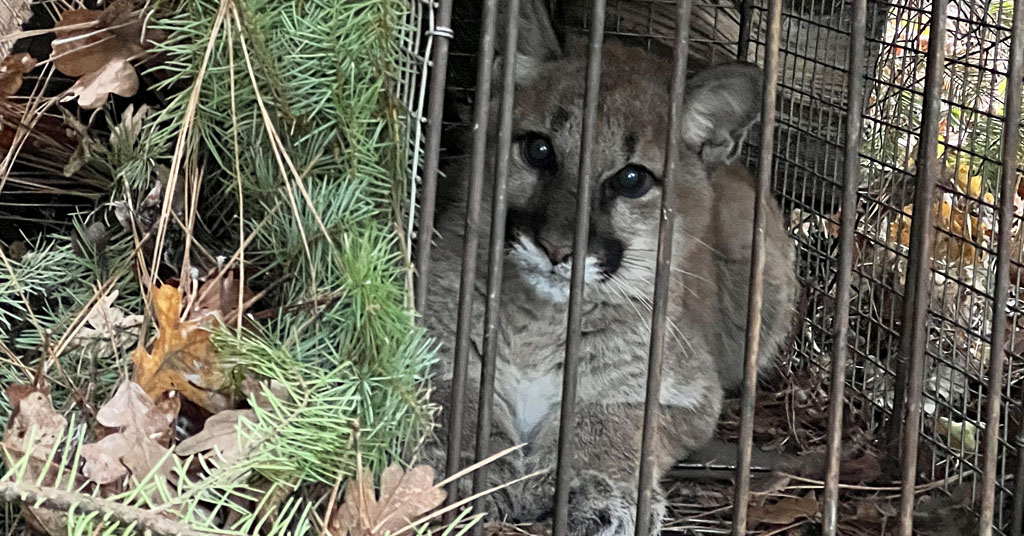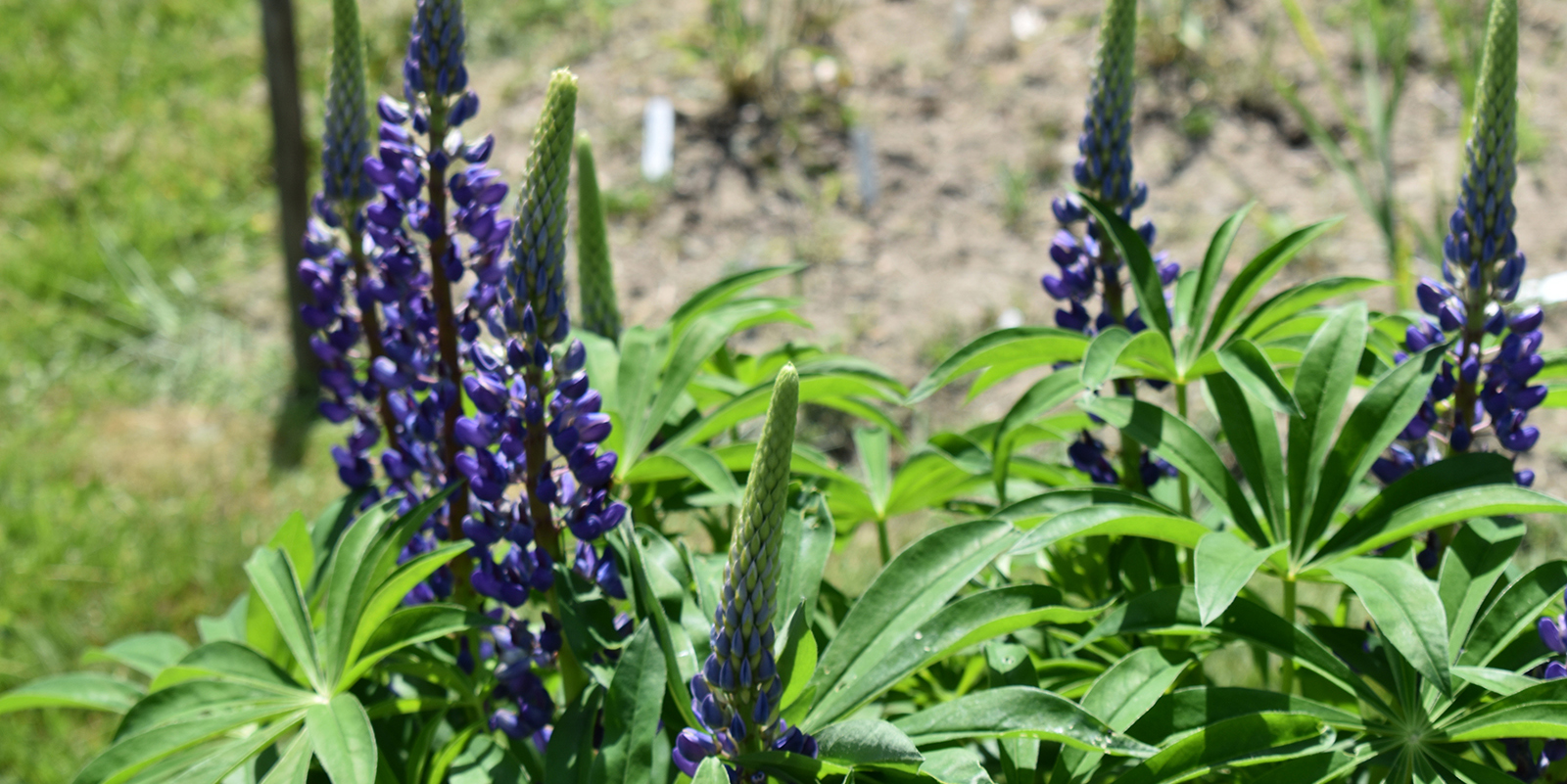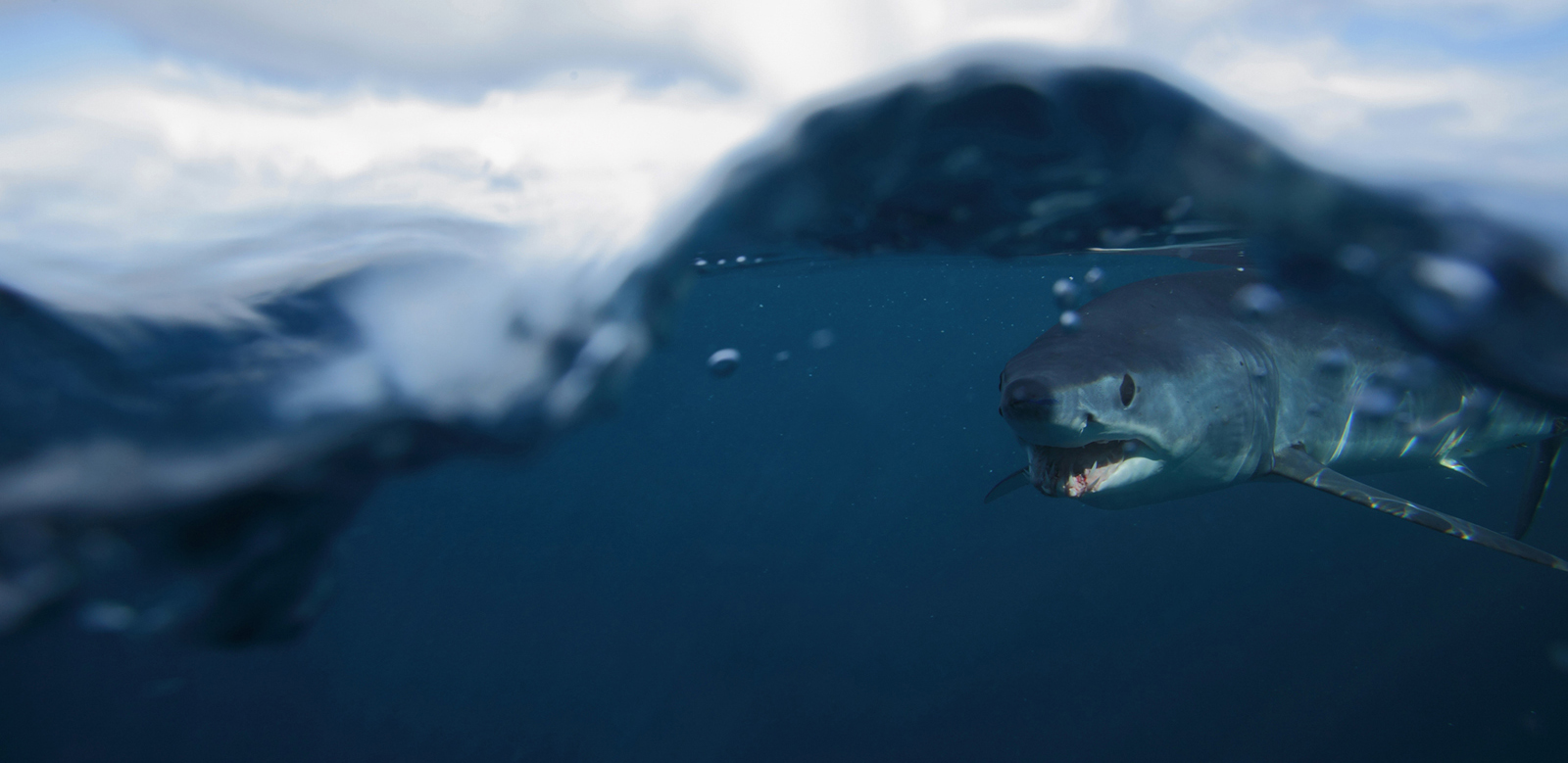Government Shutdown Delays Trip South for Unusual Avian Visitor
January 11, 2019
A young brown pelican that wandered far north of its usual winter range showed up on a dock in Galilee Harbor on Jan. 4 and was eventually captured and brought to the Wildlife Rehabilitators Association of Rhode Island in Saunderstown to be cared for, but not before causing a commotion.
Its return south has been delayed by the federal government shutdown.
The bird, named Bert by fishermen who were hand-feeding it fish, appeared healthy and unharmed, according to birders who observed it. But the attention it generated from a crowd of curiosity-seekers, including some who tried to catch it by hand, likely raised its stress level. Within days it had become lethargic, perhaps because of the cold temperatures.
“From the reports we received, the bird was acting aggressively because it felt threatened by the number of people that were approaching it and taking pictures,” said Gail Mastrati, spokeswoman for the Rhode Island Department of Environmental Management (DEM).
DEM and the Wildlife Rehabilitators Association received numerous calls about the bird from concerned residents, and on Jan. 7 a DEM enforcement officer observed and assessed the bird, captured it, and delivered it to the clinic.
“My initial response was that it was within the bird’s decision-making power to turn around and fly south, because at that point it was still flying around and doing well,” said Kristin Fletcher, executive director of the Wildlife Rehabilitators Association. “But then the temperature started dropping and people reported it on the ground and not moving much. They said it was shivering, so it probably had a bit of hypothermia.”
Brown pelicans are permanent residents on the East Coast south of Virginia, as well as along the Gulf Coast and West Coast south of central California. They are known to wander and are occasional visitors to Rhode Island, according to Rachel Farrell, a member of the Rhode Island Avian Records Committee.
Four were observed in the state in 1988, one more following Hurricane Bob in 1991, and five were seen in 1992. From 2000 to 2002, six brown pelicans were reported in Rhode Island, and as many as a dozen were seen following Hurricane Sandy in 2012, three of which were cared for by the Wildlife Rehabilitators Association. The most recent sighting prior to this month was in 2014 on Block Island. Most were observed in the summer and fall, though at least three were seen in winter.
The closely related American white pelican, which breeds on lakes in the West and winters across the southern tier of the country, is also an occasional visitor to the Ocean State. At least 13 were observed between 1989 and 2012, two of which survived the winter and one that didn’t.
Fletcher called the brown pelican in her care “a spunky guy” and “a great eater,” noting that he appears healthy and at the proper weight.
“From what I’m seeing now, the bird is in pretty good condition,” she said. “He might not be the brightest youngster, but he found a good thing at the docks, and then it just got cold. We’ve got him in a large warm area with a big pool of water, and he hangs around the side of the pool eating fish. Our goal will be to transfer him to a seabird sanctuary in the South for release.”
After identifying a suitable sanctuary — perhaps the same one used for the pelicans the clinic cared for following Hurricane Sandy — clinic staff must obtain a permit from DEM and a letter from a veterinarian saying the bird is in good condition. The sanctuary accepting the bird must also receive approval from the U.S. Fish & Wildlife Service.
“It’s against the law to cross state lines with wildlife,” Fletcher said. “The concern is about transferring diseases to other populations. That’s why we need a vet letter saying it’s healthy when transferred.”
The government shutdown will likely delay the Fish & Wildlife Service permit indefinitely, so the bird may be in Rhode Island for a while.
“There’s no physical reason why we have to hold onto him,” Fletcher said. “He doesn’t appear terribly stressed now, and he has his fish and his pool. We’re monitoring his weight and watching for signs of frostbite. Ordinarily the permits don’t take much time, but this year might be different.”
How to transport the bird south is yet to be determined.
Rhode Island resident and author Todd McLeish runs a wildlife blog.



